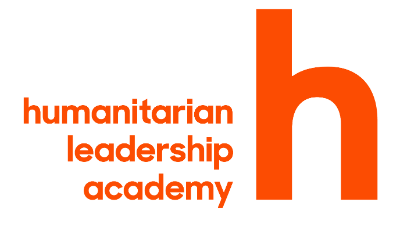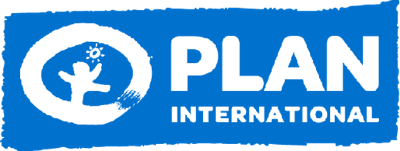
Case Studies

In early 2007, a group of us from several well-known INGOs – Save the Children, Oxfam, Care, World Vision, Habitat for Humanity, CRS, Plan International and Mercy Corps – got together and asked LINGOs (a capacity building and training organization) to help us develop learning materials to enhance the way that development organizations manage projects.
The result was PMD Pro, a project management approach that has been specifically designed with NGOs to improve and standardize organizational processes. Owned by PM4NGOs, it is appropriate, accessible, and affordable for project managers to develop the skills they need to deliver effective projects, and improve their accountability to donors and communities so as to meet the challenges of 21st century development.
As well as creating a common framework for NGOs and international organizations, the PMD Pro model and toolkit are proving especially useful for smaller organizations, without the resources to invest in expensive training programs. Its online training courses are highly accessible and, crucially, students no longer have to visit a training center to take their exam, completing instead online at low cost ($US 20).
Once certified, PMD Pro enables staff to move more readily into jobs in other organizations, and countries. Some NGOs, such as Mercy Corps, now include “PMD Pro preferred” in job profiles. Now, when an NGO worker applies for a job in a different organization, or country, their PMD Pro certification positions them as having achieved a required standard of project management in the NGO sector.
Tools such as risk registers, issue logs, and work breakdown structures are helping staff to manage project inputs, processes and teams in ways they never had before. The results for NGOs have been far reaching with more accurate scheduling of projects; a higher likelihood of delivery to deadline; and improved resource allocation and deployment of staff. Most of all, there has been increased consistency and quality in the delivery of services for project beneficiaries.
In six years, the use of PMD Pro by development and humanitarian organizations has exceeded all expectations. Over 16,000 individuals, 80 per cent from developing countries, have achieved certification. Demand for the course in over 70 countries has led to materials being translated into French, Portuguese, and Spanish (with Arabic, Russian, Dari and Mandarin to come). Mercy Corps and Heifer International have adopted PMD Pro as their preferred approach and as other NGOs and CSOs come on board, we are optimistic that PMD Pro will be adopted as industry standard by the development sector.
In 2021, over 27 thousand professionals have achieved the Project DPro certification, in 174 countries. (Visit the PM4NGOs website to access updated statistics and results).
Looking ahead, we will build on the success of Project DPro by setting new standards for project management in international development. This will be achieved as multiple development actors – NGOs, civil society organizations, and governments – come on board, and through sustained local capacity building, effective partnerships with donors, and further translation of the course into other languages.
We want you join us. Whether you are new to project management, or someone who seeks to adapt their organizations ways of working, it’s easy to get started! Just click PMD Pro Starter and start learning!
Supported & Developed by:
Shared by:
Users are free to copy/redistribute and adapt/transform
for non-commercial purposes.
© 2022 All rights reserved.




